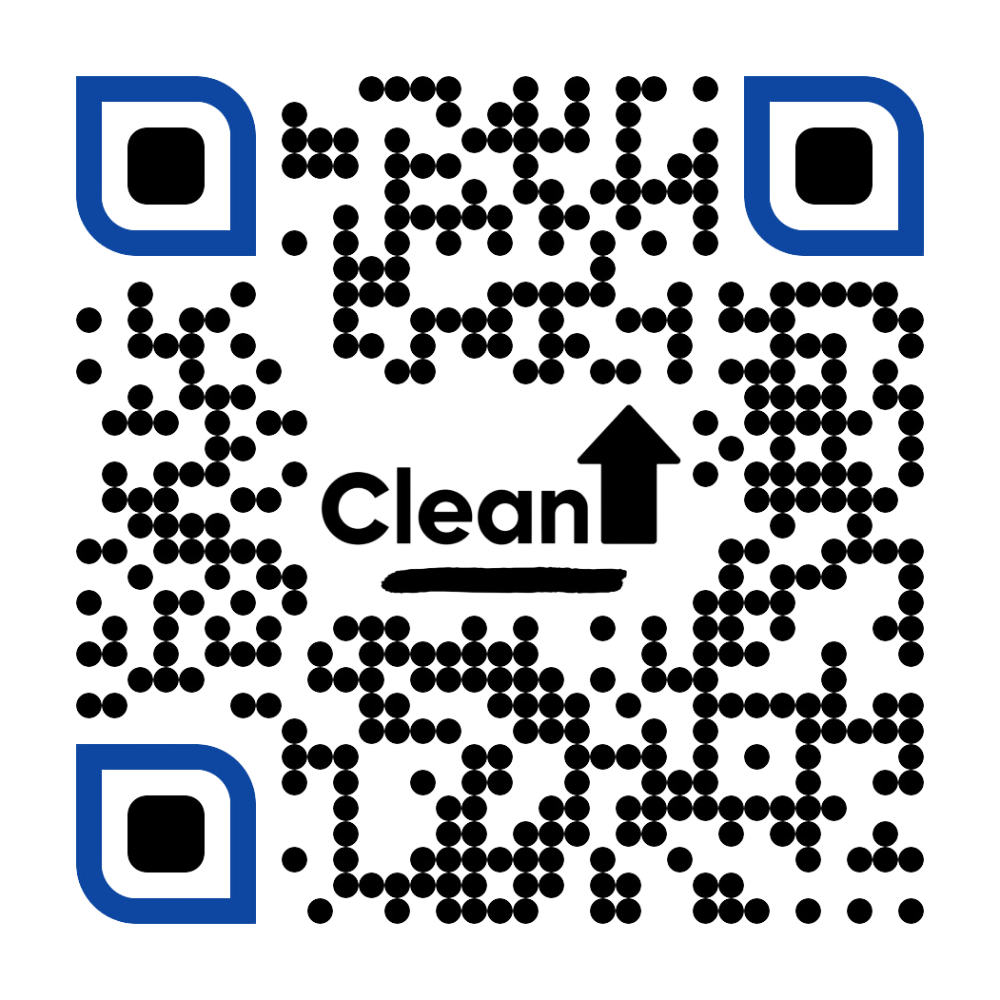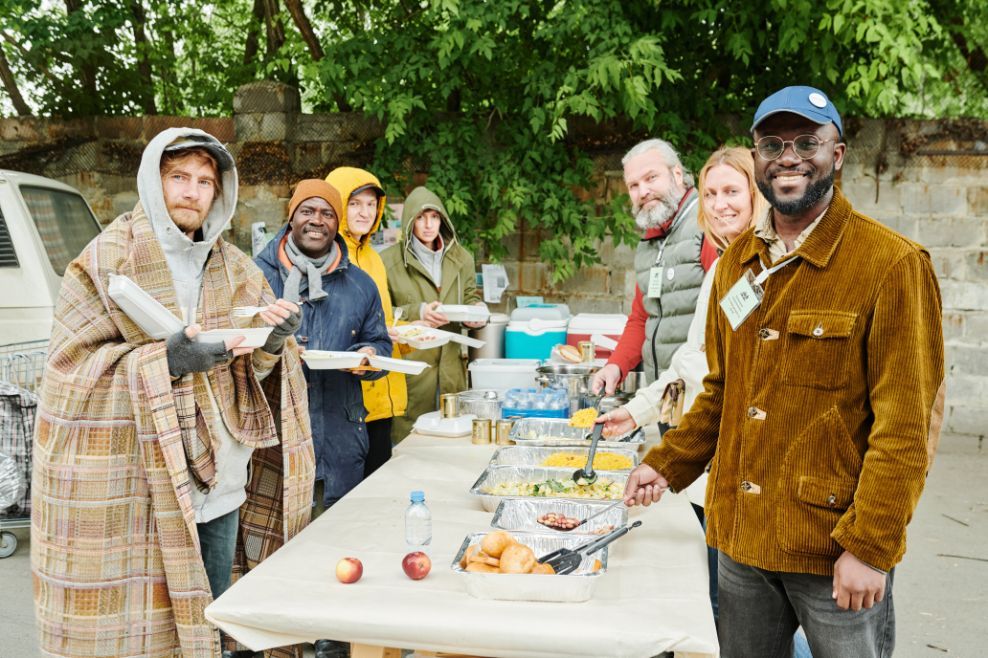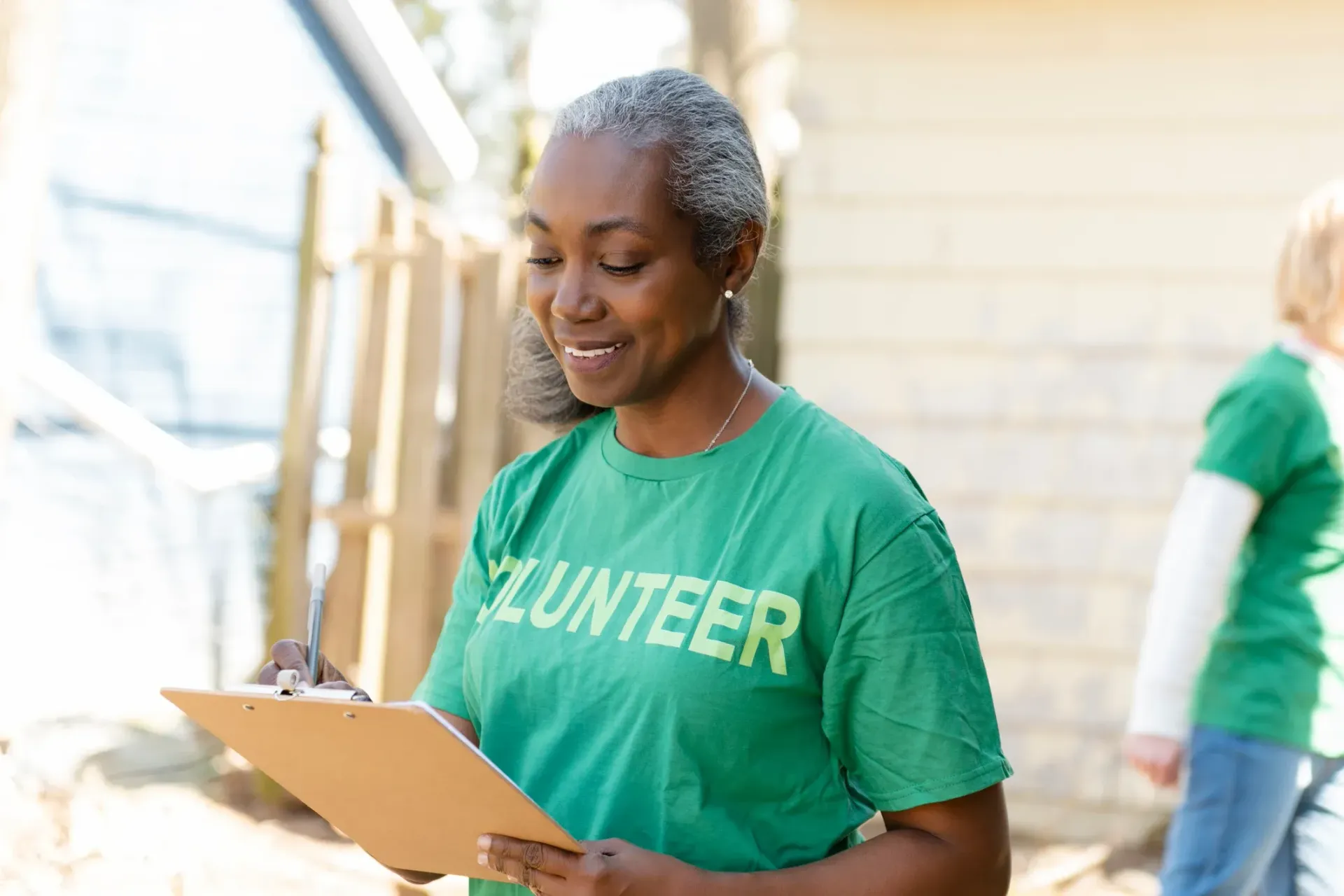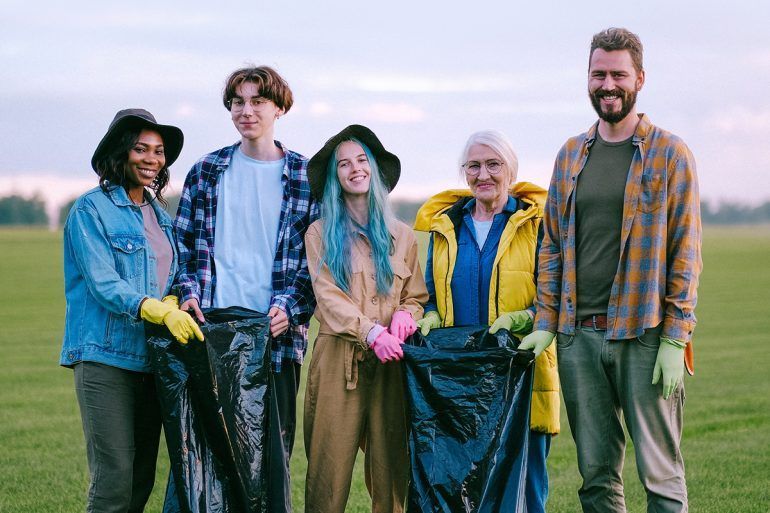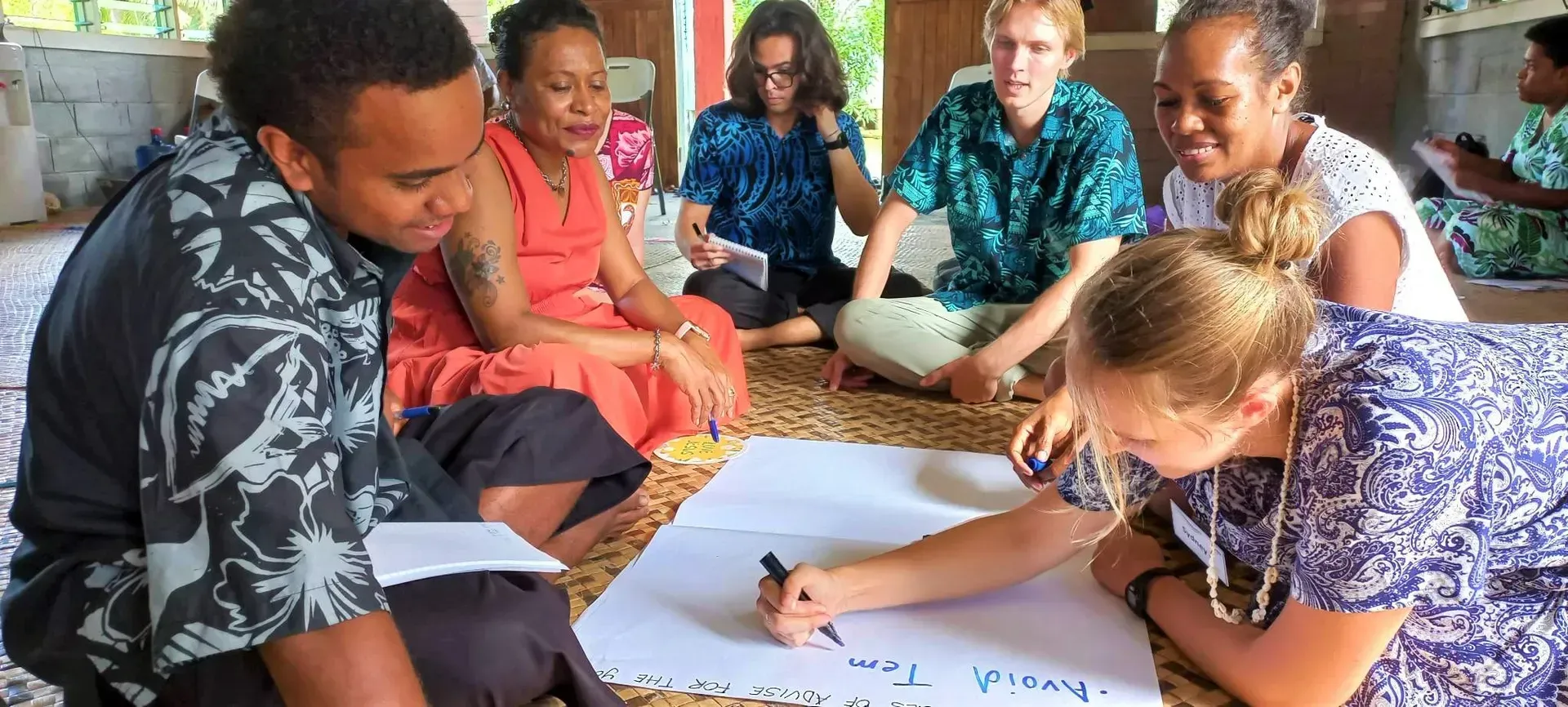How Volunteering Can Help You Discover a New Career Path
TLDR;
Volunteering helps you discover a new career path by allowing you to explore different industries, test your interests, and build transferable skills in real settings. You gain firsthand experience, expand your network, and uncover what type of work motivates you before making a full career change.
Understanding How Volunteering Leads to Career Discovery

Volunteering is more than community service. It is a practical way to explore new fields without risk. By giving your time to causes that interest you, you experience different work environments and meet people who can influence your career direction.
Many professionals use volunteering as a stepping stone to understand what roles fit their values and skills. It helps uncover passions that traditional jobs sometimes hide. Clean UP USA supports the idea that service-based experiences often lead to meaningful career transitions because they expose people to purpose-driven work.
The Link Between Volunteering and Career Discovery

Volunteering creates a bridge between curiosity and professional clarity. It allows you to see what specific industries look like from the inside.
Through volunteer work, you can:
- Observe how organizations function
- Experience daily tasks in roles you are curious about
- Learn whether your personality and work style fit the field
- Discover new strengths and transferable skills
Data supports this. Research from Walden University found that more than 80% of hiring managers view volunteer experience as valuable as paid work experience. Path Forward, a nonprofit focused on career re-entry, also reports that structured volunteering improves career confidence and employability.
Volunteering shows you where your interests meet real-world needs.
Transferable Skills Through Volunteering

Volunteering helps build core skills that apply to any profession. These include communication, teamwork, and Leadership Skills from Volunteering — all of which strengthen your confidence and career readiness.
You’ll also develop project management, adaptability, and problem-solving abilities that translate directly into workplace success.
- Communication and teamwork
- Project management and planning
- Leadership and mentoring
- Time management and adaptability
- Conflict resolution and problem-solving
When you volunteer in a community service project, organize local events, or help in disaster relief efforts, you gain hands-on experience that translates into professional growth.
For example:
- Coordinating a charity event builds logistics and event management skills.
- Mentoring youth improves communication and leadership abilities.
- Supporting a local shelter develops empathy and teamwork.
These experiences add depth to your résumé and help you identify what roles align with your strengths.
Networking via Volunteer Work
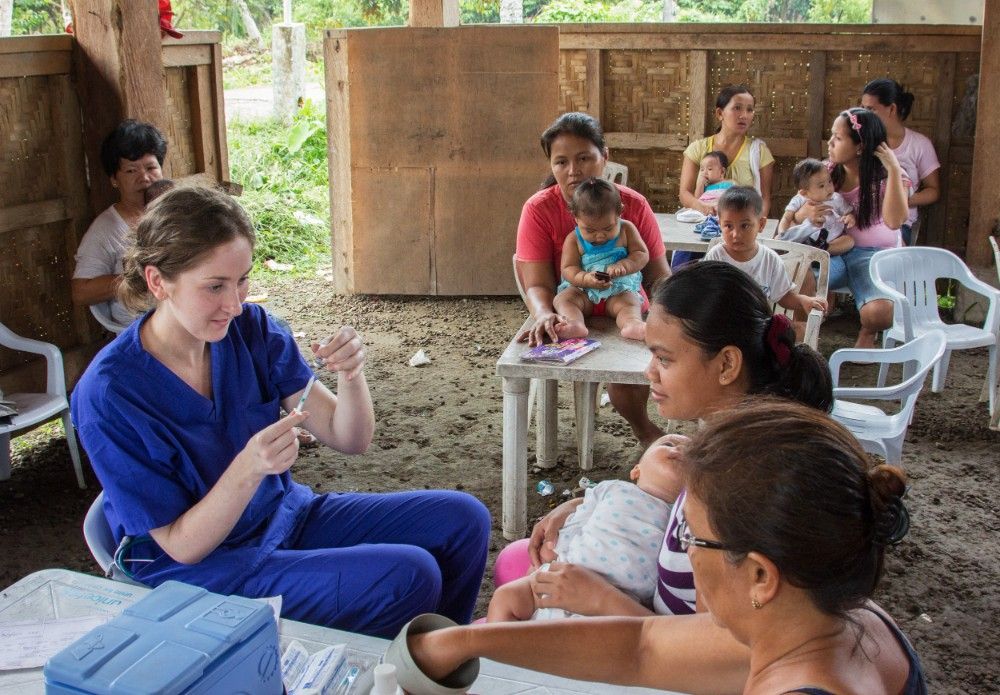
Volunteering expands your professional circle naturally. You meet people who share your values, including mentors, managers, and potential employers.
Each volunteer event is a chance to:
- Work alongside professionals from different industries
- Learn about job opportunities that may not be publicly listed
- Gain references and recommendations
- Build relationships with organizations that align with your goals
This kind of networking often feels more authentic because it is based on shared purpose, not formality. Many people who volunteer through programs supported by
Clean UP USA report that they found professional mentors or job offers from the same communities they served.
Gaining Industry Insight and Real-World Experience
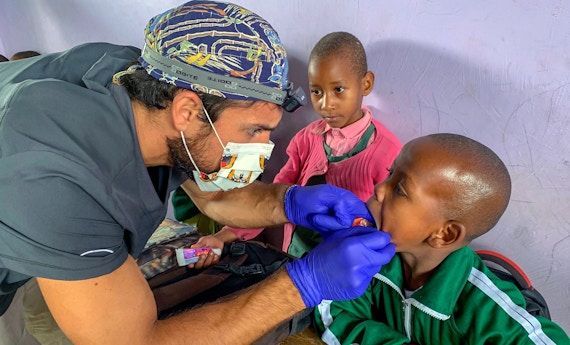
Volunteering gives you direct exposure to industries before committing to a full-time role.
Examples:
- Assisting in a hospital helps you understand the healthcare environment.
- Helping in a school introduces you to education and child development roles.
- Volunteering with an environmental organization reveals what sustainability work involves.
These experiences let you test the waters. You understand the pace, culture, and responsibilities before investing in further education or certification.
Volunteering gives you a realistic preview. You learn whether a new career path fits your personality, interests, and long-term goals.
Strategic Volunteering for Career Transition

Strategic volunteering means choosing opportunities that align with your career objectives. It’s about gaining relevant experience, not random hours.
To do this effectively:
- Define your career goal.
- Identify the skills you need to reach that goal.
- Choose volunteer roles that allow you to practice those skills.
- Commit to roles that involve real responsibility, not just observation.
For example, if you are considering a transition to project management, volunteer to coordinate community events or manage a team for a nonprofit initiative.
Strategic volunteering turns service hours into career-building experience.
How to Use Volunteering to Find a New Career Path

Follow this structured approach to move from volunteering to employment:
- Reflect on Interests and Strengths
Identify what you enjoy doing and where your natural skills lie. - Research Volunteer Opportunities
Look for opportunities through trusted organizations in your region. Local nonprofits, hospitals, and community centers always need help. - Set Clear Goals
Define what you want to learn or test. Focus on specific skills or experiences. - Document Your Progress
Keep track of your achievements. Record tasks, outcomes, and feedback. - Translate Experience into Your Résumé
Highlight measurable results. Use action verbs like “coordinated,” “led,” or “developed.” - Evaluate Outcomes
Ask yourself what the experience taught you. Did you find your passion, or should you explore another field?
This process creates a direct connection between your volunteer work and your career development.
Volunteering Opportunities That Lead to Career Change
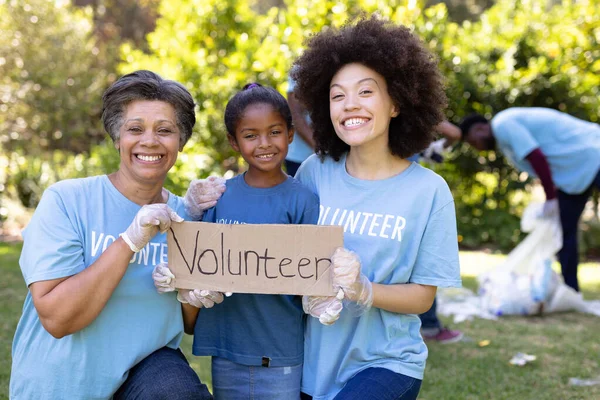
Different volunteer roles lead to different insights:
- Community Outreach Programs: Build leadership and communication.
- Disaster Response Teams: Develop problem-solving and teamwork.
- Administrative Support in Nonprofits: Gain office and coordination experience.
- Event Planning for Local Organizations: Learn logistics and project execution.
- Mentorship and Teaching Roles: Strengthen presentation and management skills.
Clean UP USA has seen individuals transition from volunteering in community safety programs to careers in emergency response and public health. These roles build resilience, planning ability, and confidence.
Overcoming Challenges in Volunteering for Career Transition

Many people hesitate to volunteer because of time or financial limits. Others worry the work may not align with their goals.
Here’s how to manage these challenges:
- Start small. Choose weekend or short-term projects.
- Be selective. Focus on roles that teach relevant skills.
- Communicate your goals to volunteer coordinators.
- Treat the role seriously. Take responsibility, ask for feedback, and perform as if you were paid.
Volunteering is an investment in yourself. The time you give often returns as clarity, confidence, and new opportunities.
Personal Branding Through Volunteering
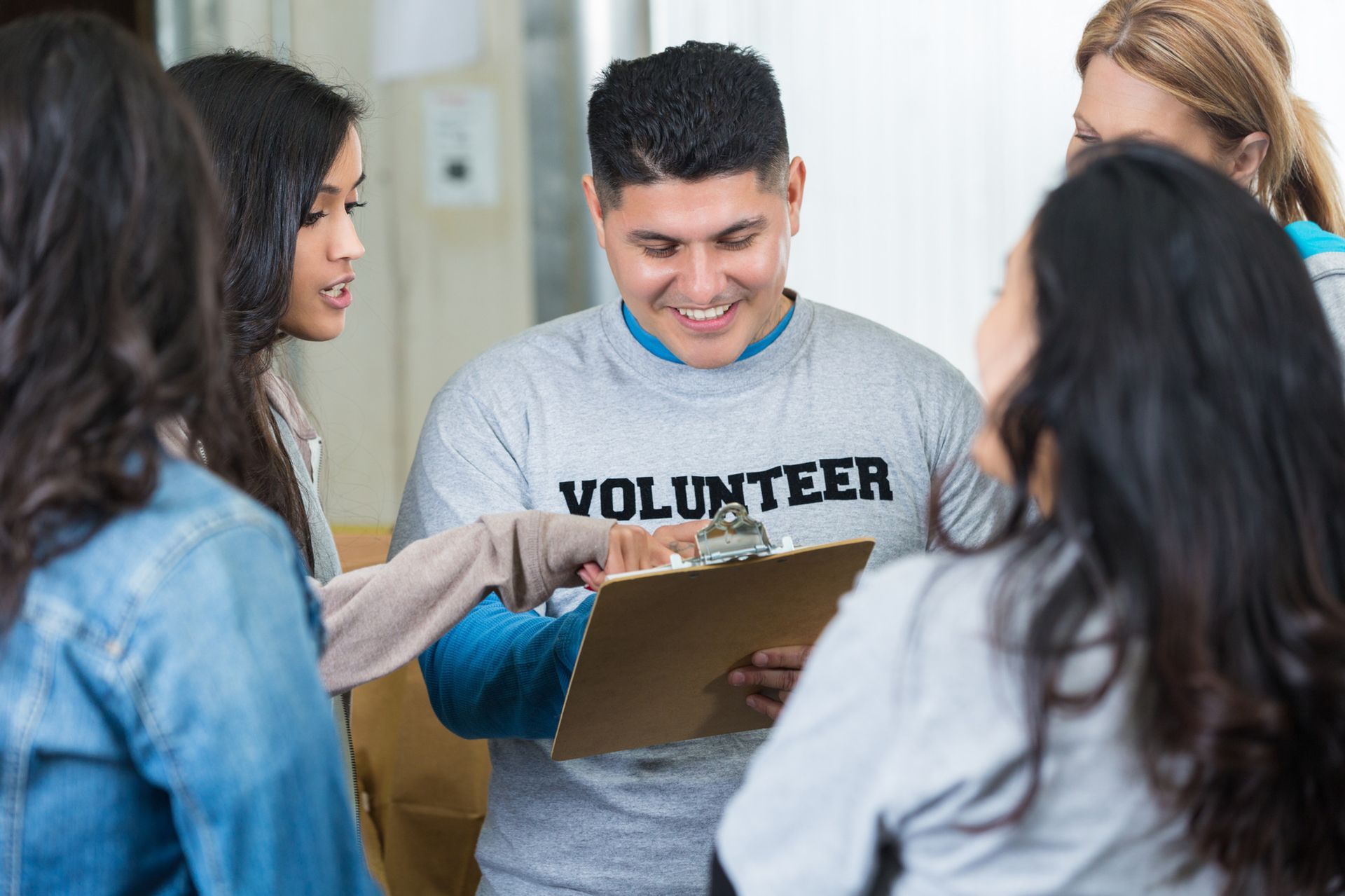
Your volunteer work enhances your personal brand. Employers notice community involvement. It shows initiative, leadership, and a sense of purpose.
To make the most of it:
- Update your LinkedIn profile with volunteer achievements.
- Share experiences that show your growth.
- Emphasize leadership or problem-solving roles.
- Discuss how your volunteer work reflects your values.
This demonstrates your proactive attitude and commitment to learning, both critical in career transitions.
Exploring New Industries via Community Service

Volunteering connects you to industries that value collaboration and social impact. It allows you to learn industry language and observe professionals in action.
Sectors where volunteering often leads to career opportunities include:
- Healthcare and social work
- Education and youth services
- Disaster response and emergency management
- Nonprofit administration
- Environmental conservation
Each sector offers lessons you cannot learn from online research alone. Volunteering lets you experience the work culture firsthand.
Volunteering and Career Exploration: Key Takeaways

Volunteering works as a career discovery tool when you approach it with intention.
Key insights:
- Choose volunteer roles aligned with your career interests.
- Treat each opportunity like a professional experience.
- Track what you learn and how it relates to your goals.
- Build relationships within organizations.
- Reflect on your growth and adjust your path as needed.
Clean UP USA encourages anyone considering a career change to use volunteering as a structured exploration process. It gives clarity about your direction while contributing to a greater cause.
Taking the Next Step in Your Career Journey

Volunteering opens doors. It connects purpose with profession. By engaging with community programs or nonprofit initiatives, you gain practical experience and clarity about what you want to do next.
Start by selecting one volunteer opportunity that fits your interests this month. Treat it as a professional project. Observe, learn, and reflect. Each experience brings you closer to a career that feels both meaningful and aligned with your skills.
Clean UP USA believes in community engagement as a path to personal and professional growth. When you serve others, you often find the direction you’ve been searching for yourself.
Support CleanUP SCAN ME
